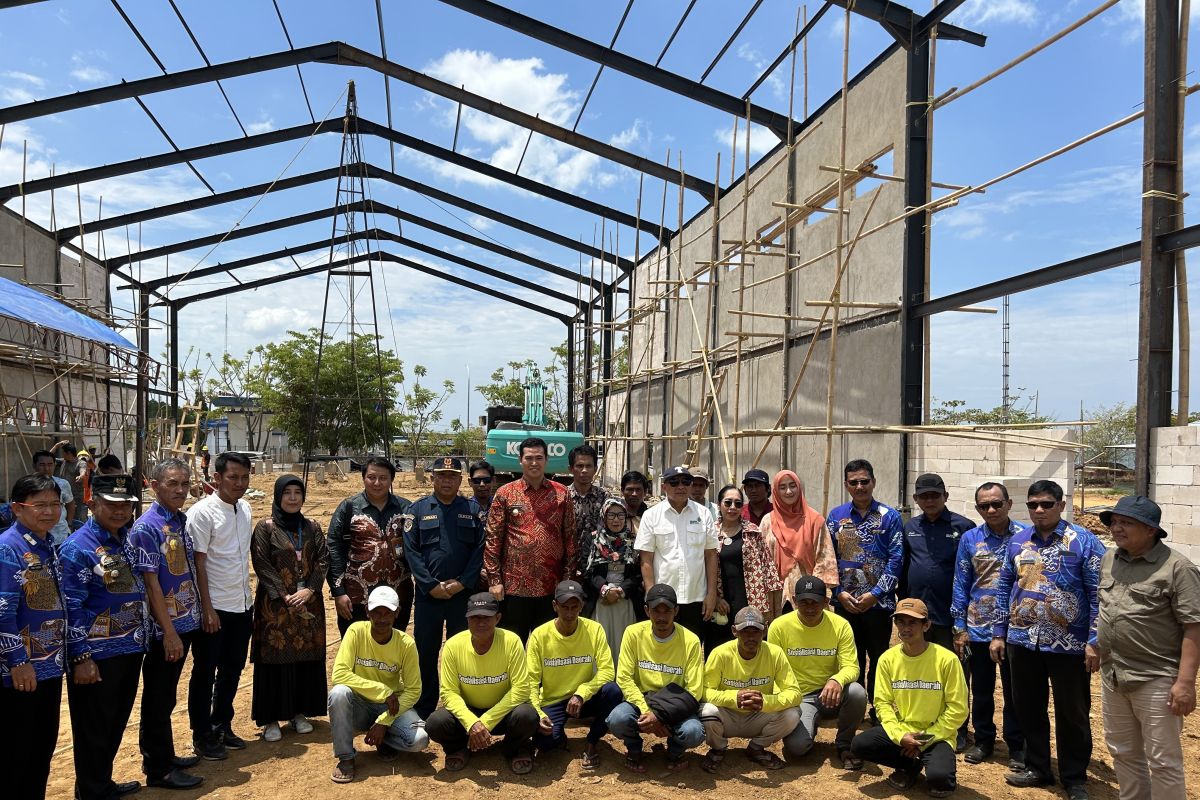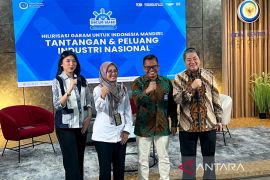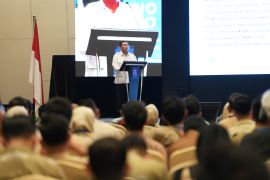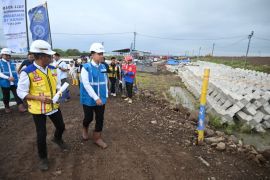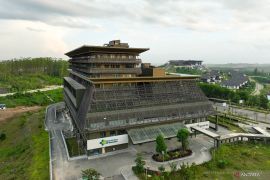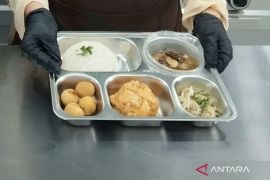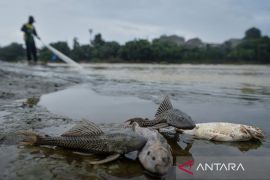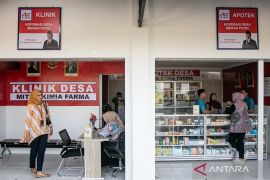"Our annual salt use is 600 thousand tons, but we import 2.1 million–2.3 million tons for the industry. If these farmers' salt production quality, quantity, and consistency can be confirmed subsequently, the salt import policy will be modified," Masduki explained when reviewing the development of an RPB in Pangkajene District, South Sulawesi, on Thursday.
Minister Masduki said that the factory sharing, which will employ cutting-edge technology, is a part of the downstream industrialization initiative for excellent national products. A total of 8 RPBs will be pursued as pilot projects, with commodities adapted to specific geographical advantages.
With the establishment of the RPB for Salt Processing in South Sulawesi which has an 817-hectare production area, micro, small, and medium enterprises (MSMEs) are expected to produce quality salt rather than only coarse salt.
Some 80 percent of salt production from the RPB is targeted to meet industrial demand and 20 percent for consumption.
“We want MSME products to meet industry quality norms as well. The factory that is established can be used collectively; hence, it is referred to as a joint production house,” he said.
In addition to enhancing the industrial infrastructure, the RPB for Salt Processing will be used to develop the salt business through cooperatives. The cooperative units will absorb the salt production and sell them directly to consumers thereby lowering production costs.
"It is the cooperative's responsibility to find an off-taker. Is it conceivable to directly provide consumer items, such as salt, to modern supermarkets or manufacturers? Farmers can now enjoy the good prices because they are no longer routed through middlemen," Masduki said.
Related news: Tightly regulating salt imports: Industry Ministry
Related news: Ministries collaborate to tighten control on fish, salt imports
Translator: Kuntum, Alita, Azis Kurmala
Editor: Sri Haryati
Copyright © ANTARA 2023
